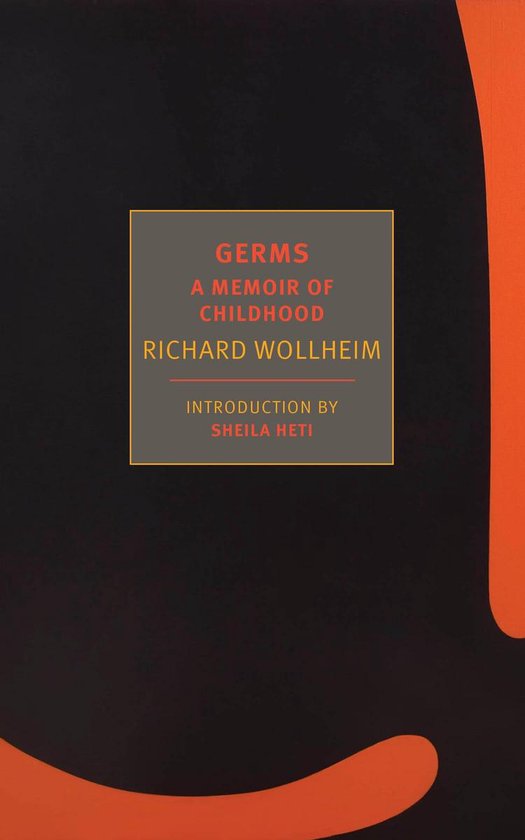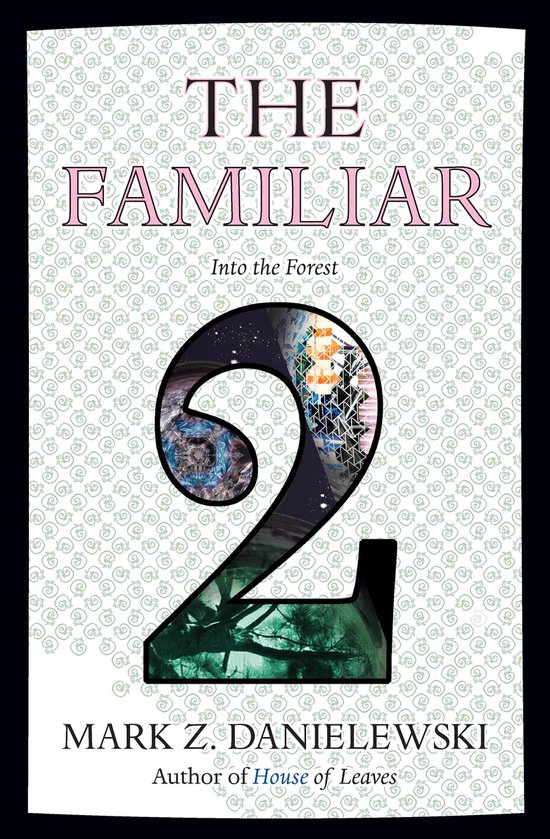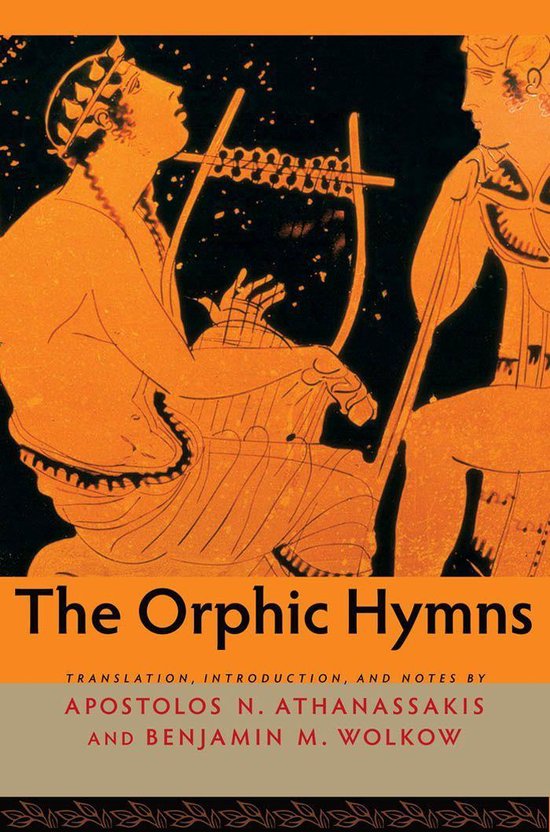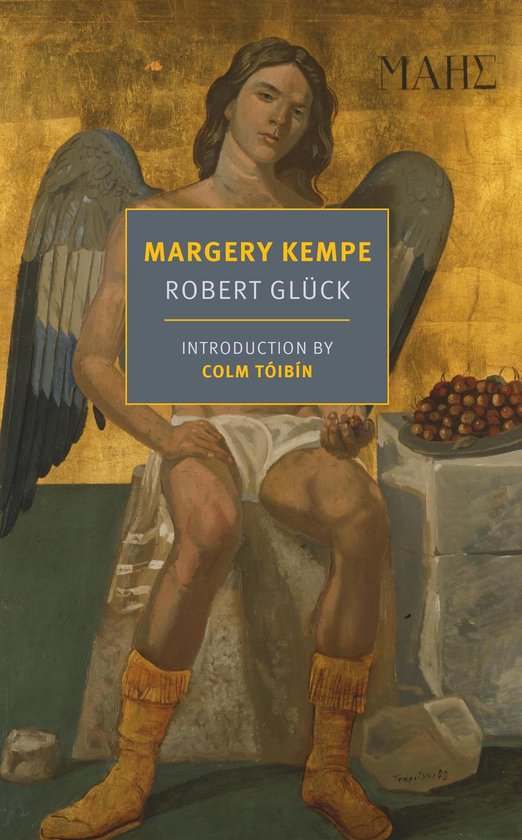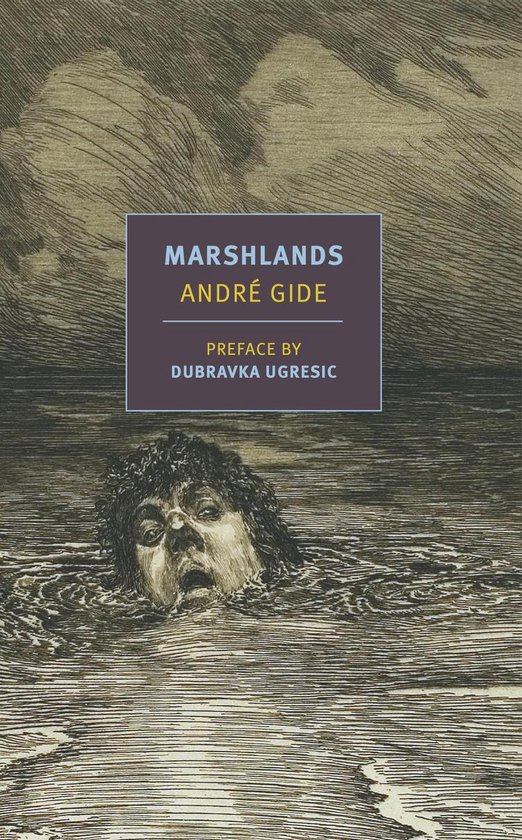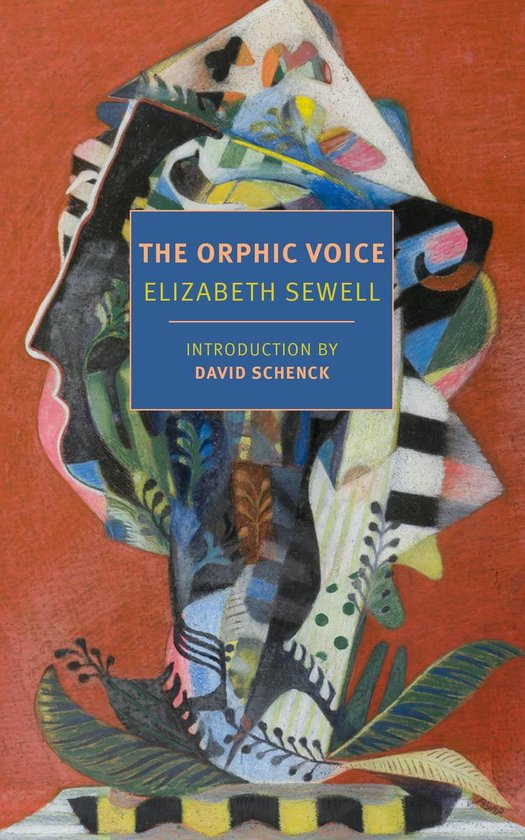
The Orphic Voice
A wondrously written book of literary criticism and philosophy that maps the relationship between poetry and natural history, connecting verse from poets such as Shakespeare and Rainer Maria Rilke to the work of scientists and theorists like Francis Bacon and Michael Polanyi.
Taking its bearings from the Greek myth of Orpheus, whose singing had the power to move the rocks and trees and to quiet the animals, Elizabeth Sewells The Orphic Voice transforms our understanding of the relationship between mind and nature. Myth, Sewell argues, is not mere fable but an ancient and vital form of reflection that unites poetry, philosophy, and natural science: Shakespeare with Francis Bacon and Giambattista Vico; Wordsworth and Rilke with Michael Polanyi. All these members of the Orphic company share a common perception that discovery, in science and poetry, is a mythological situation in which the mind unites with a figure of its own devising as a means toward understanding the world. Sewells visionary book, first published in 1960, presents brilliantly illuminating readings of A Midsummer Nights Dream and Rilkes Sonnets to Orpheus, among other masterpieces, while deepening our understanding not only of poetry and the history of ideas but of the biological reach of the mind.
Taking its bearings from the Greek myth of Orpheus, whose singing had the power to move the rocks and trees and to quiet the animals, Elizabeth Sewells The Orphic Voice transforms our understanding of the relationship between mind and nature. Myth, Sewell argues, is not mere fable but an ancient and vital form of reflection that unites poetry, philosophy, and natural science: Shakespeare with Francis Bacon and Giambattista Vico; Wordsworth and Rilke with Michael Polanyi. All these members of the Orphic company share a common perception that discovery, in science and poetry, is a mythological situation in which the mind unites with a figure of its own devising as a means toward understanding the world. Sewells visionary book, first published in 1960, presents brilliantly illuminating readings of A Midsummer Nights Dream and Rilkes Sonnets to Orpheus, among other masterpieces, while deepening our understanding not only of poetry and the history of ideas but of the biological reach of the mind.
| Auteur | | Elizabeth Sewell |
| Taal | | Engels |
| Type | | Paperback |
| Categorie | | Literatuur & Romans |
